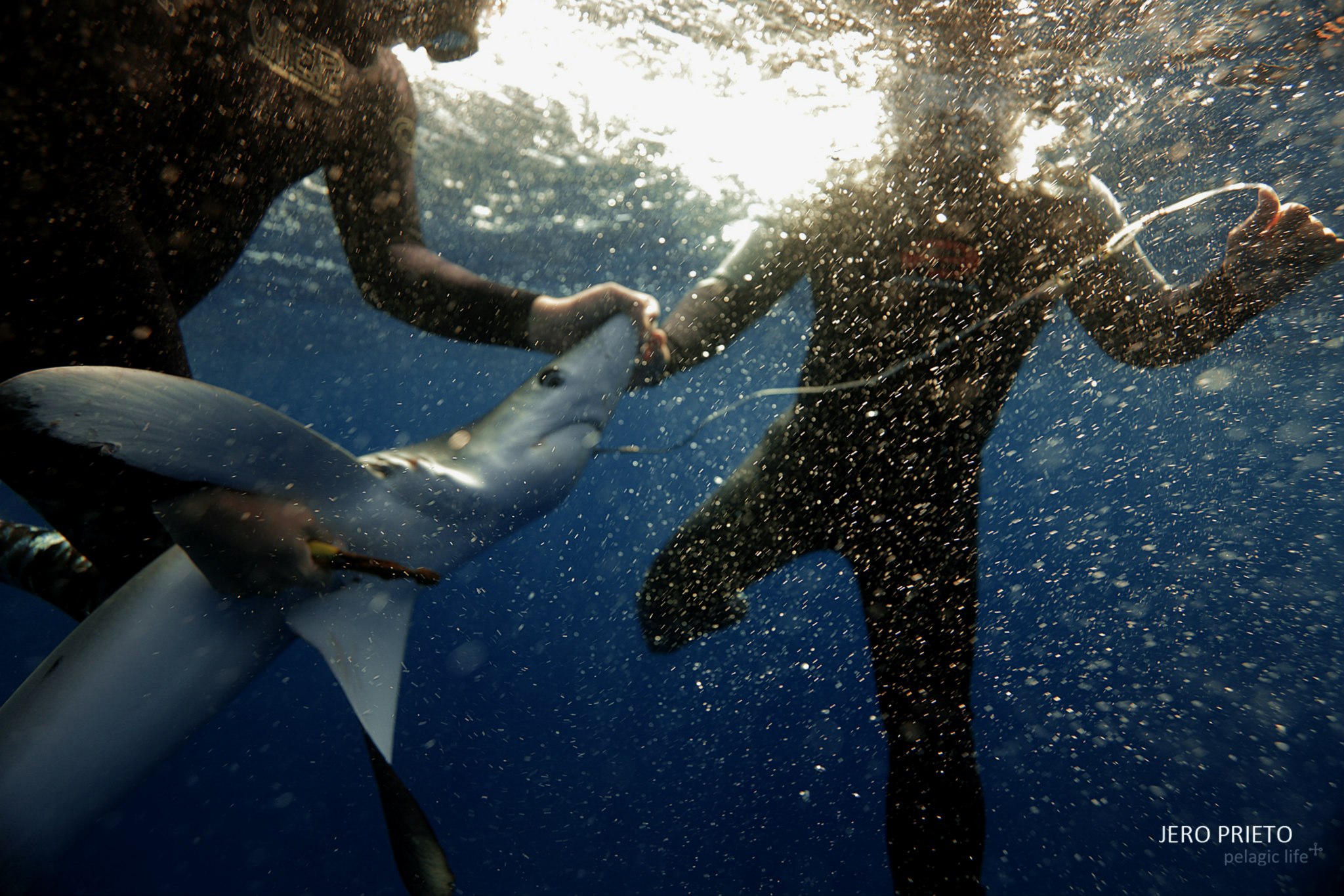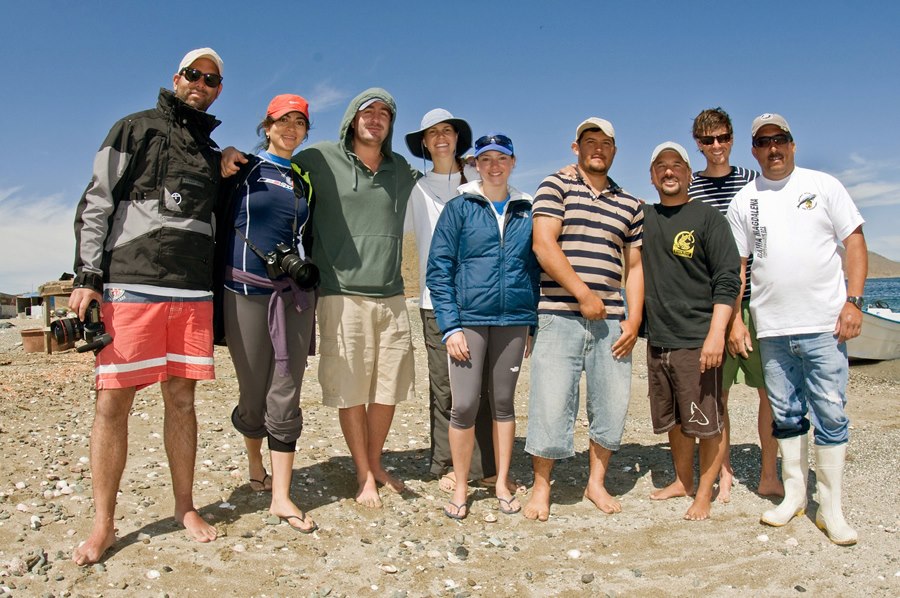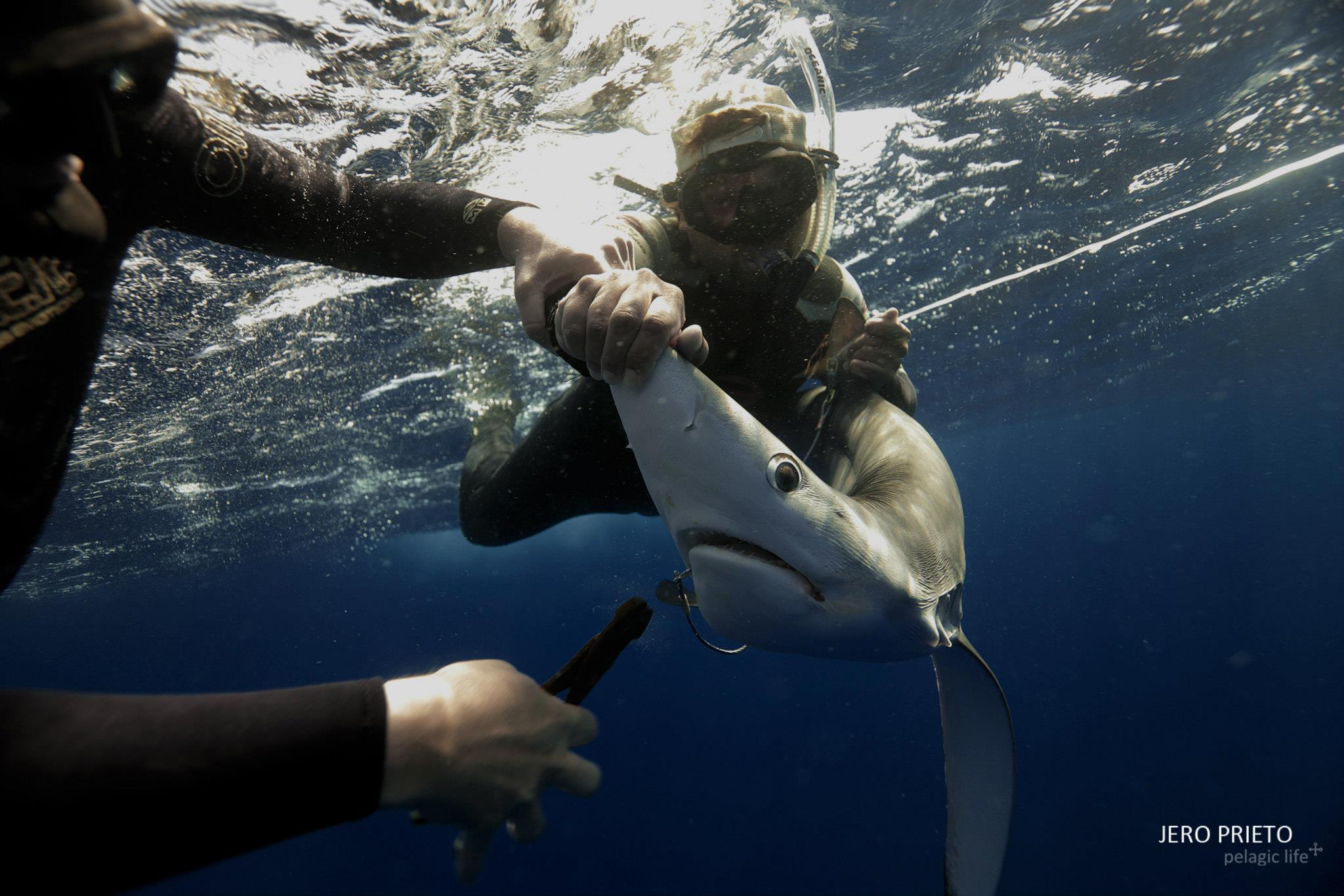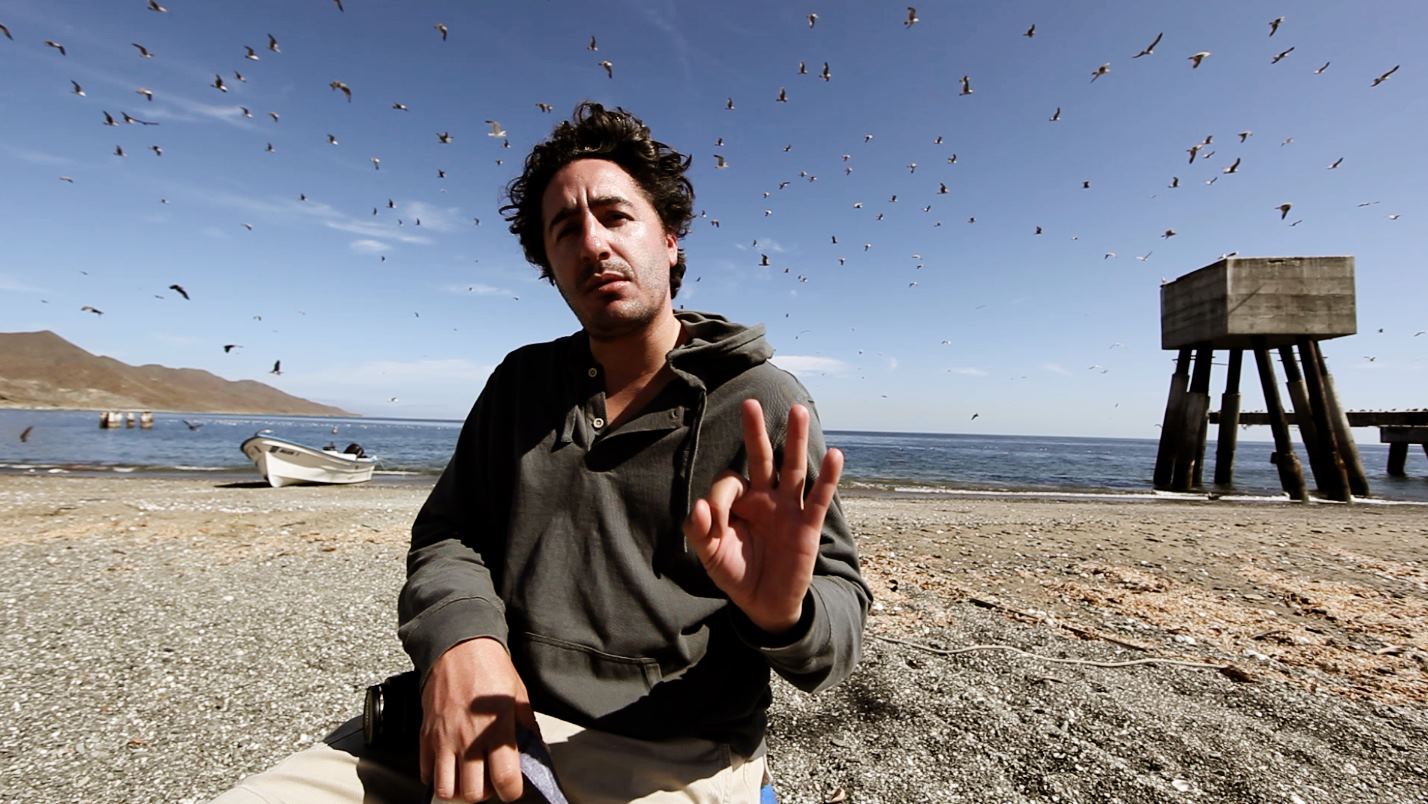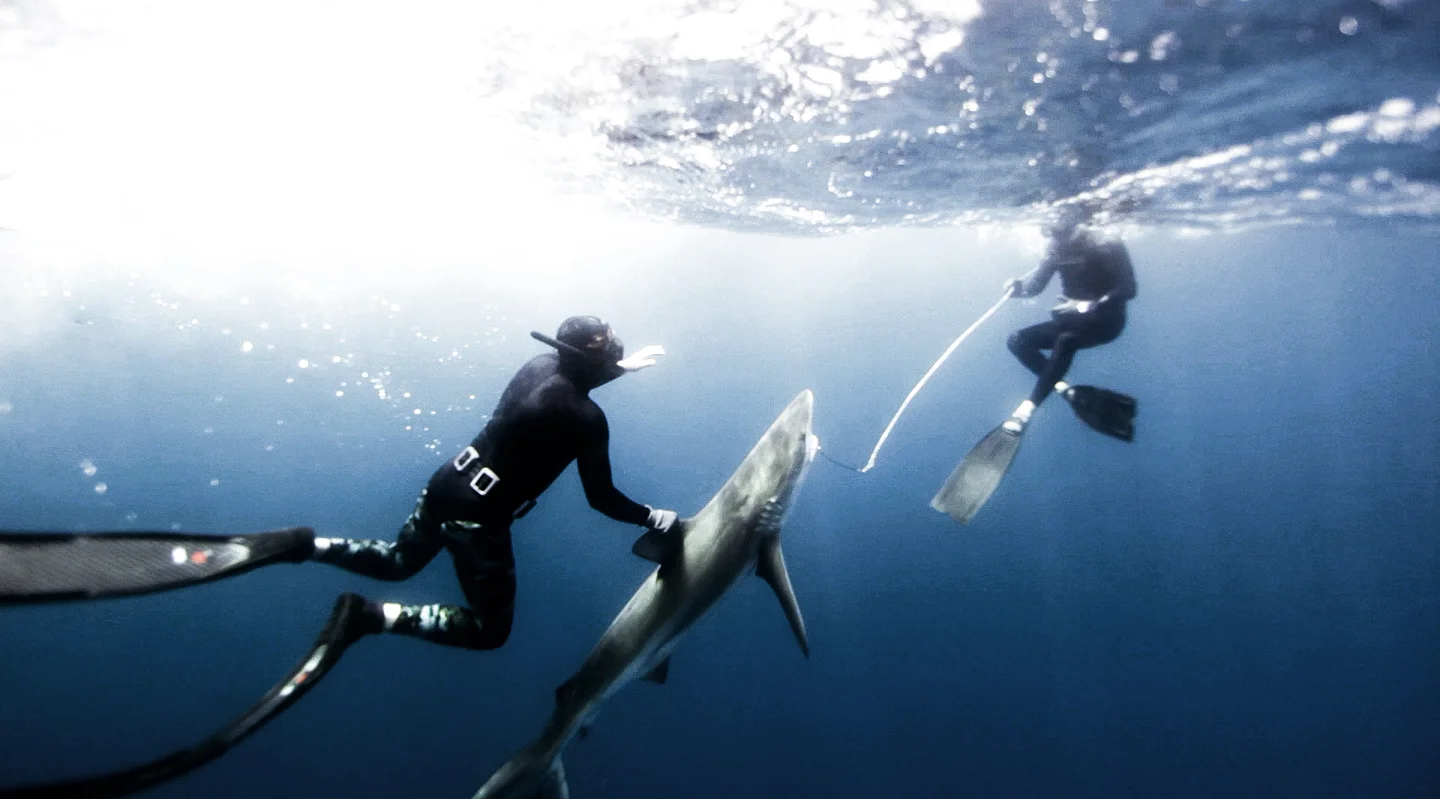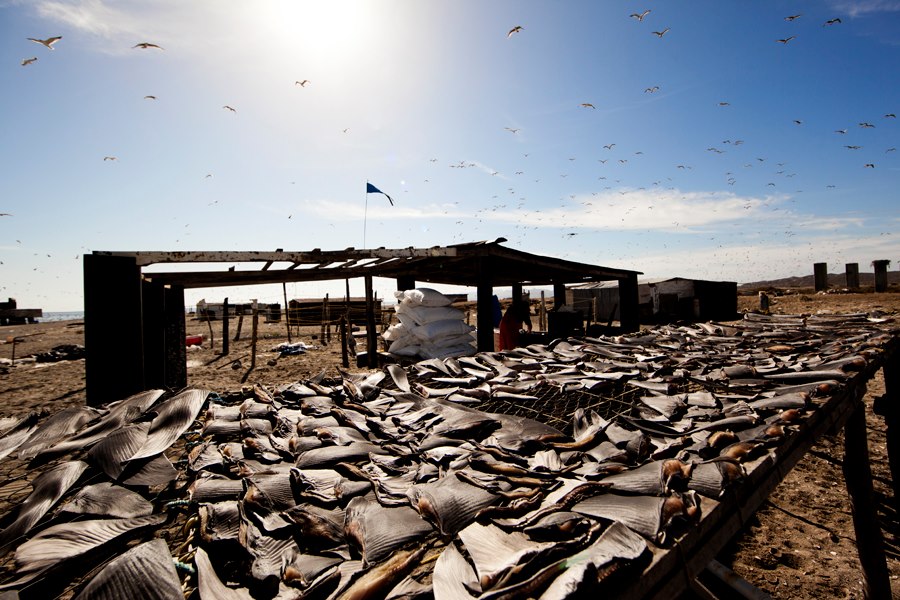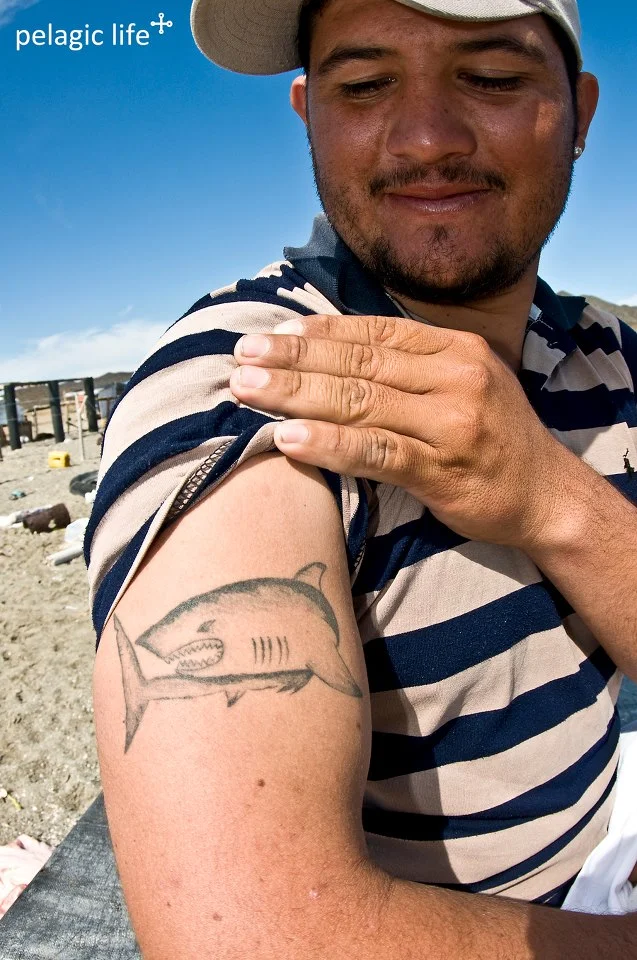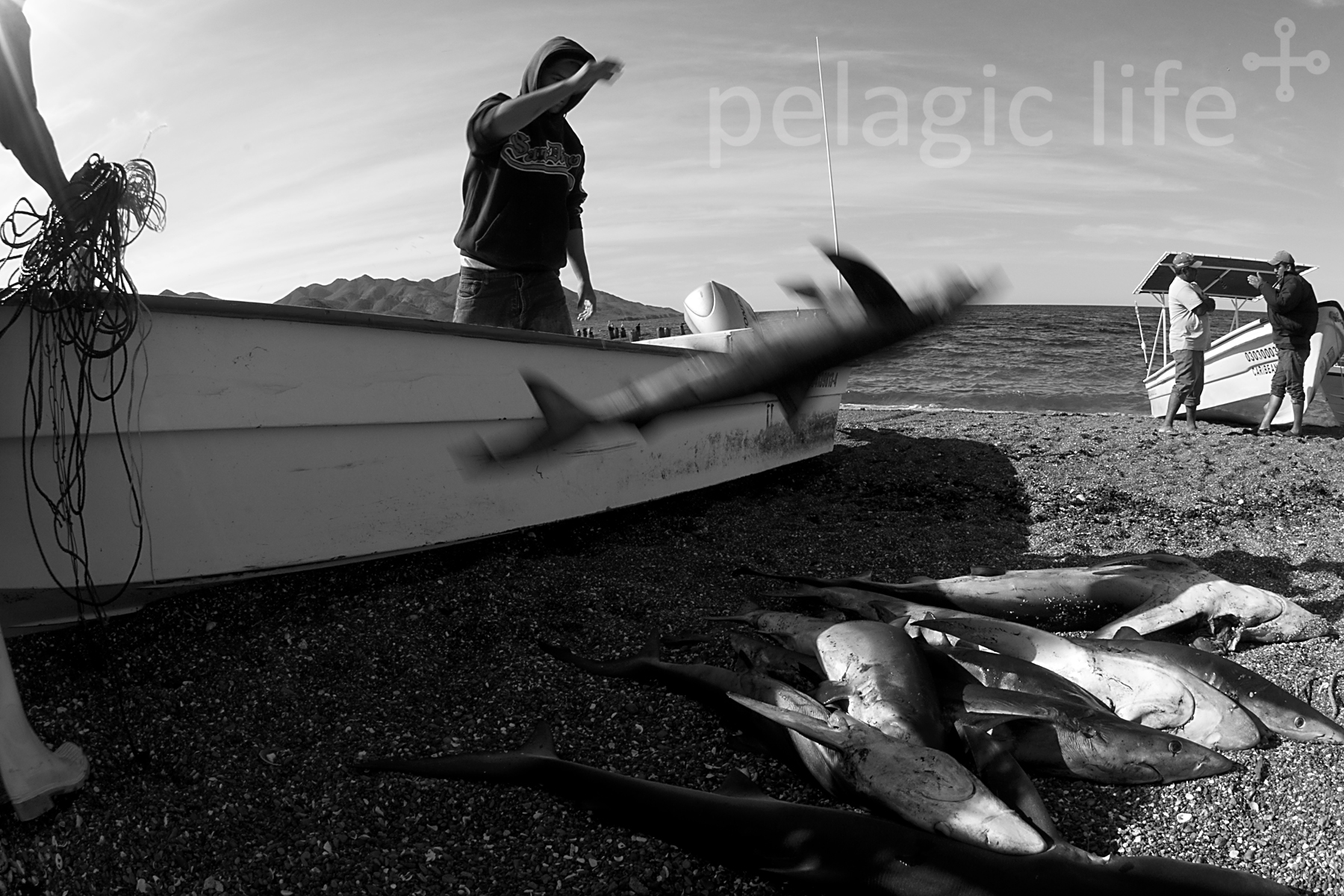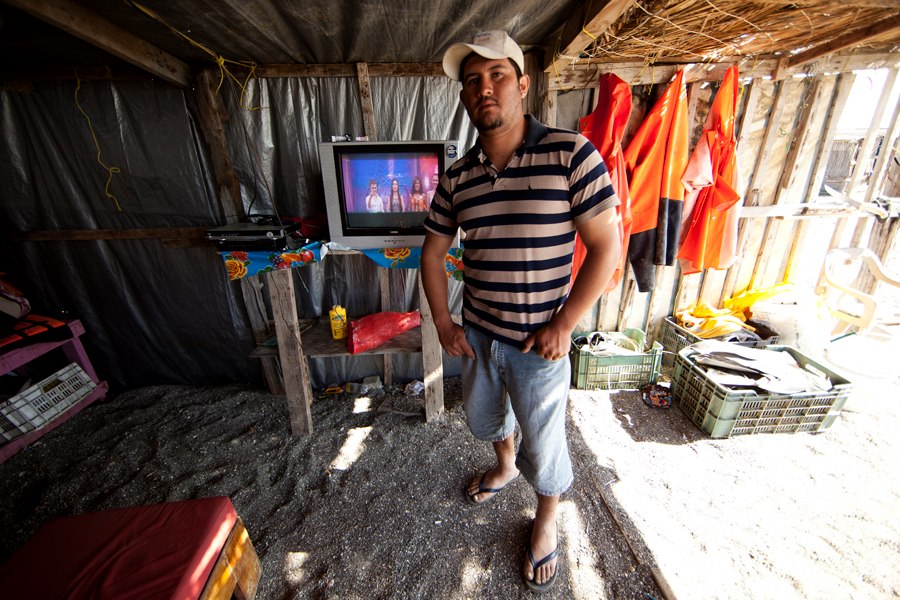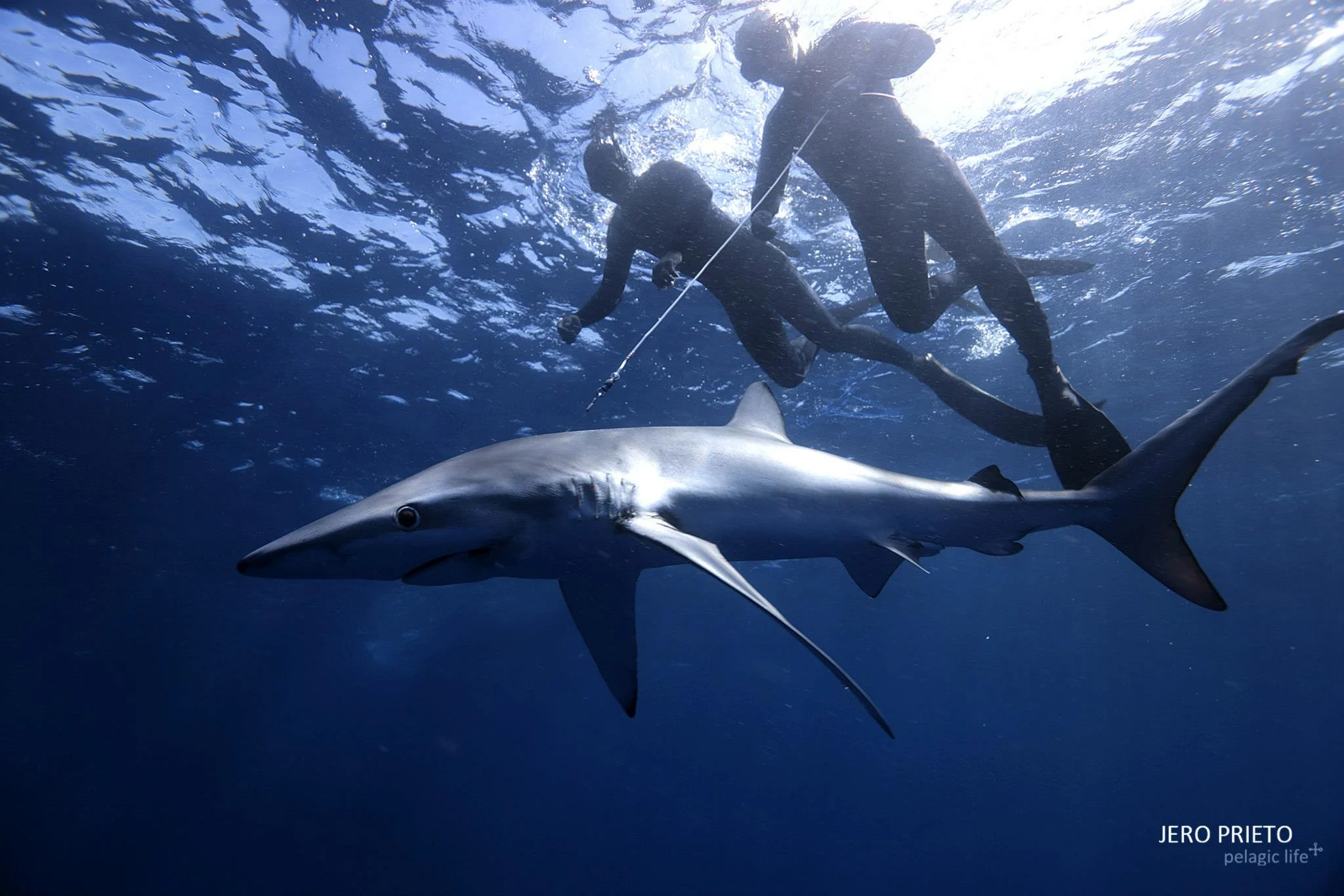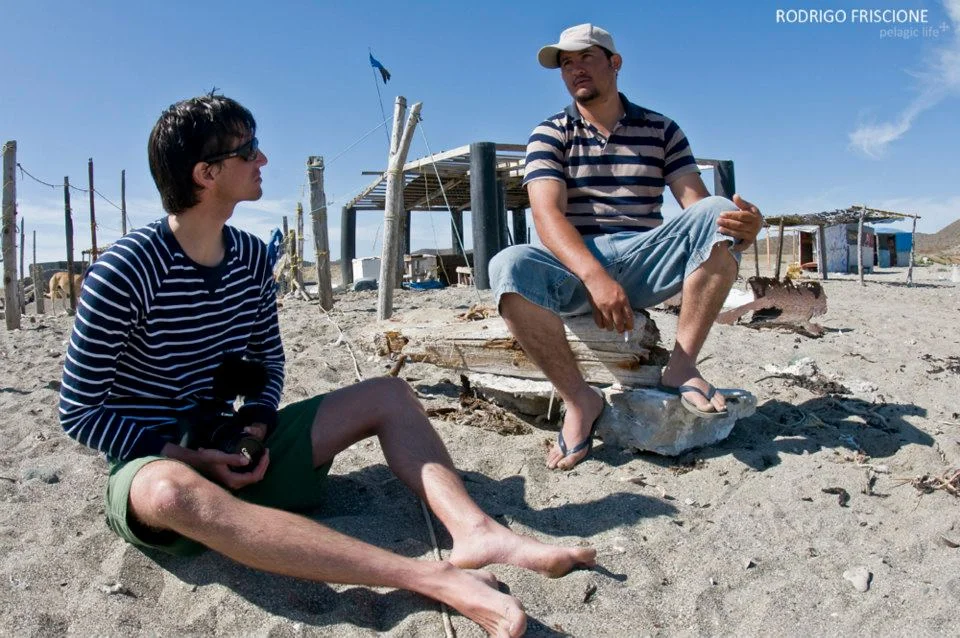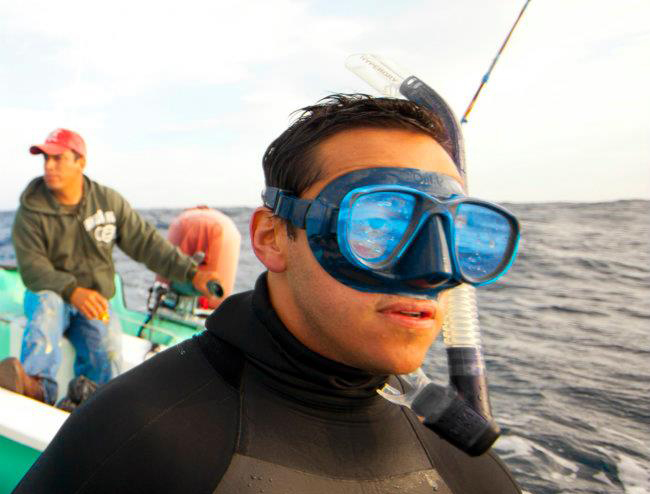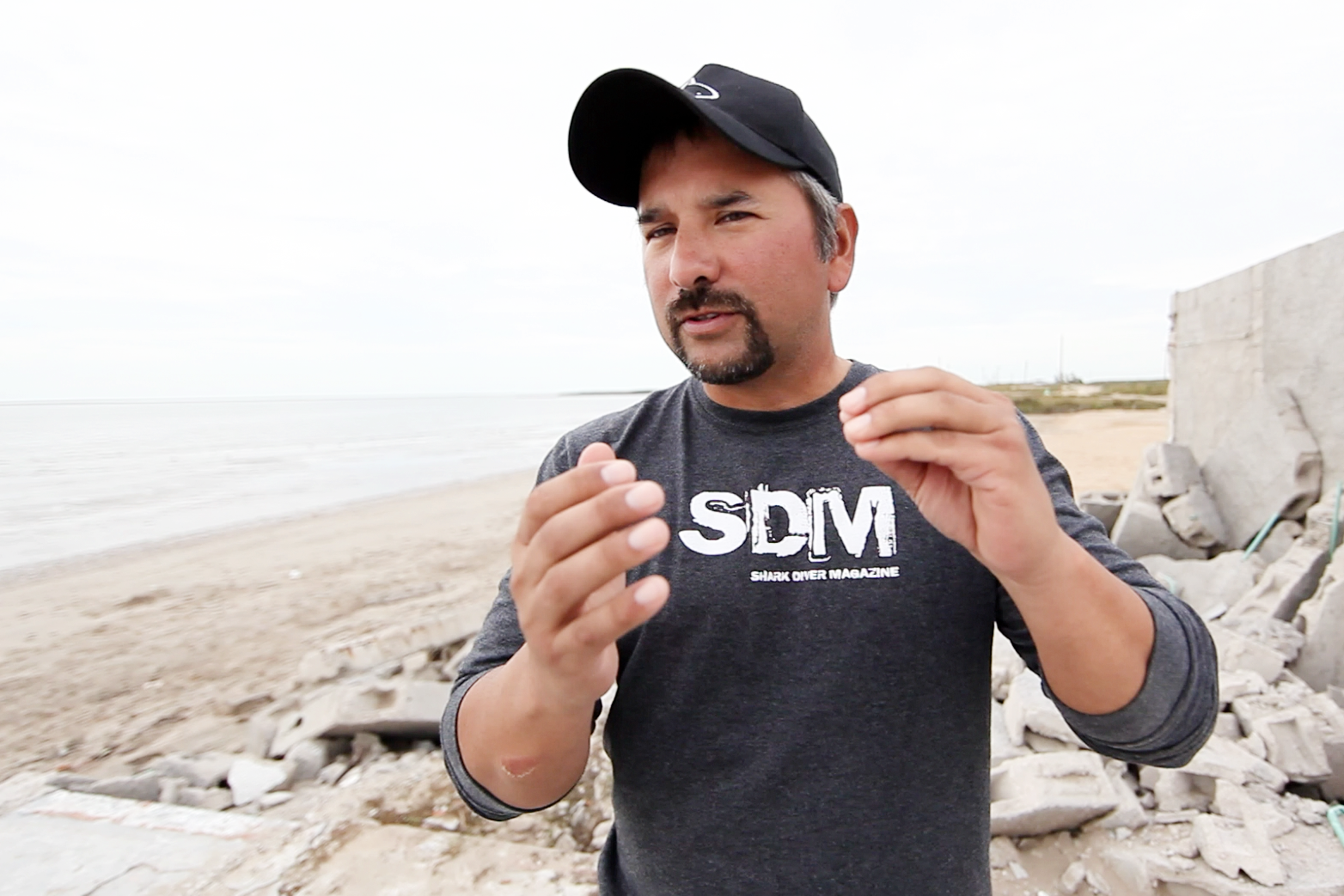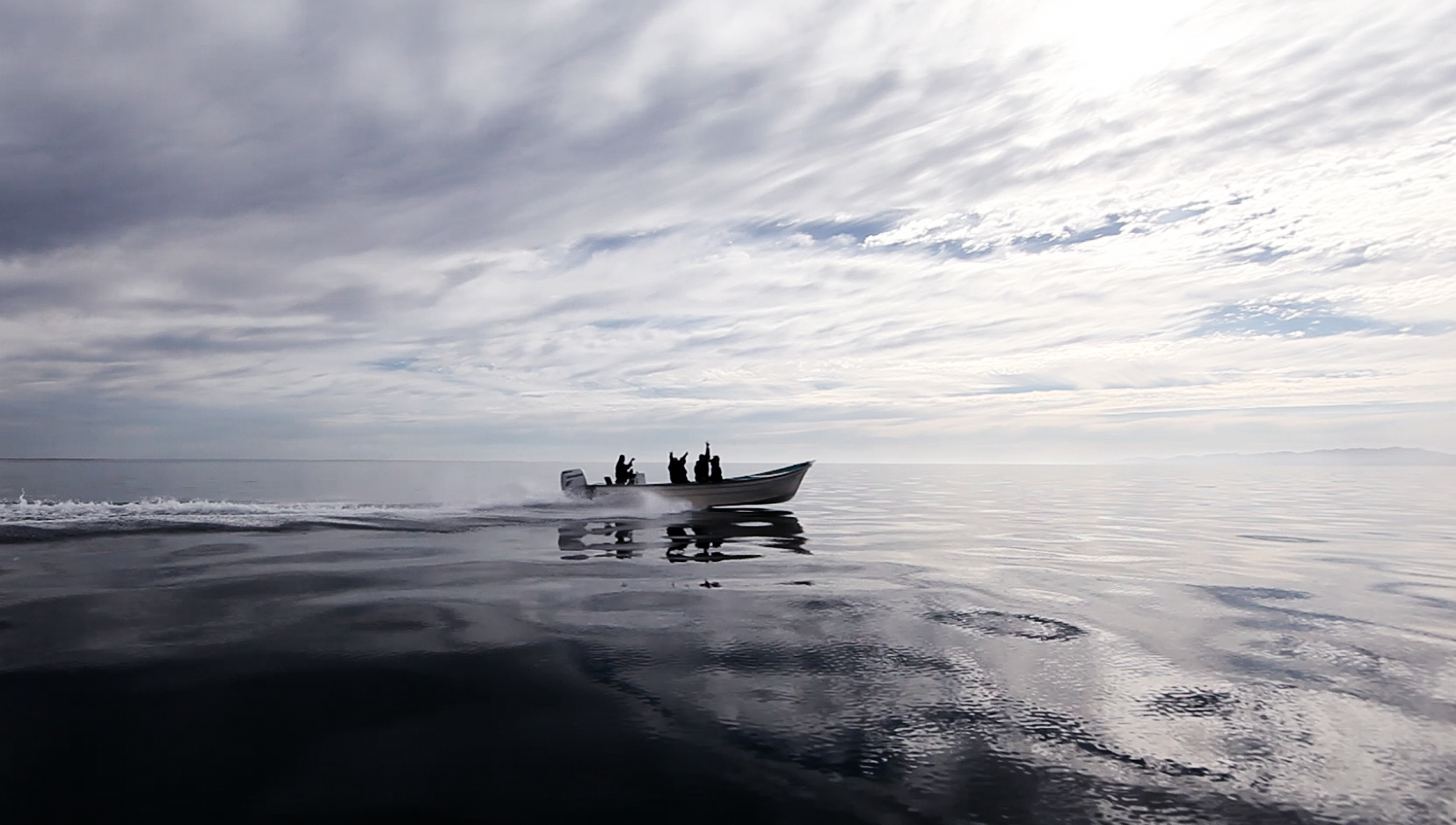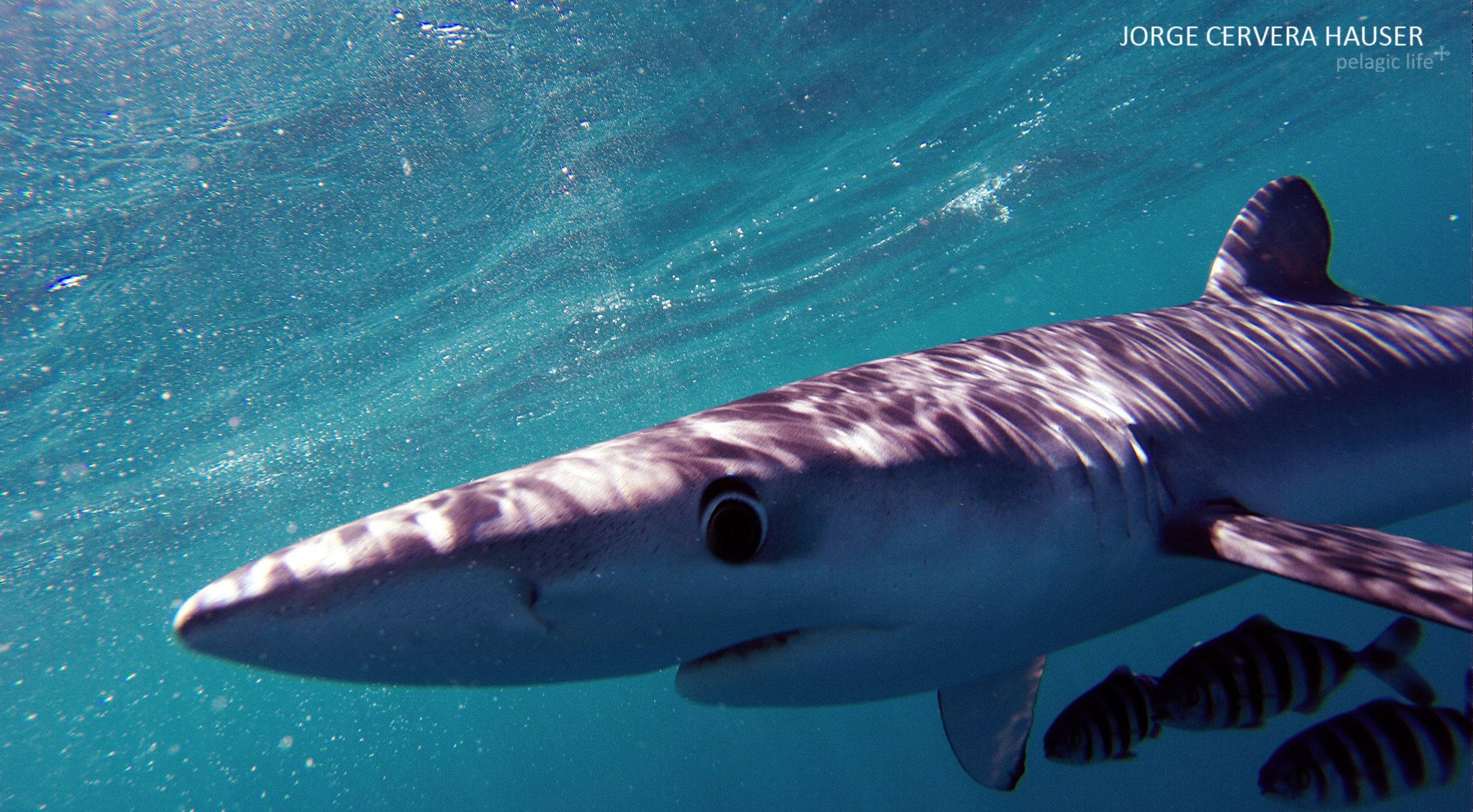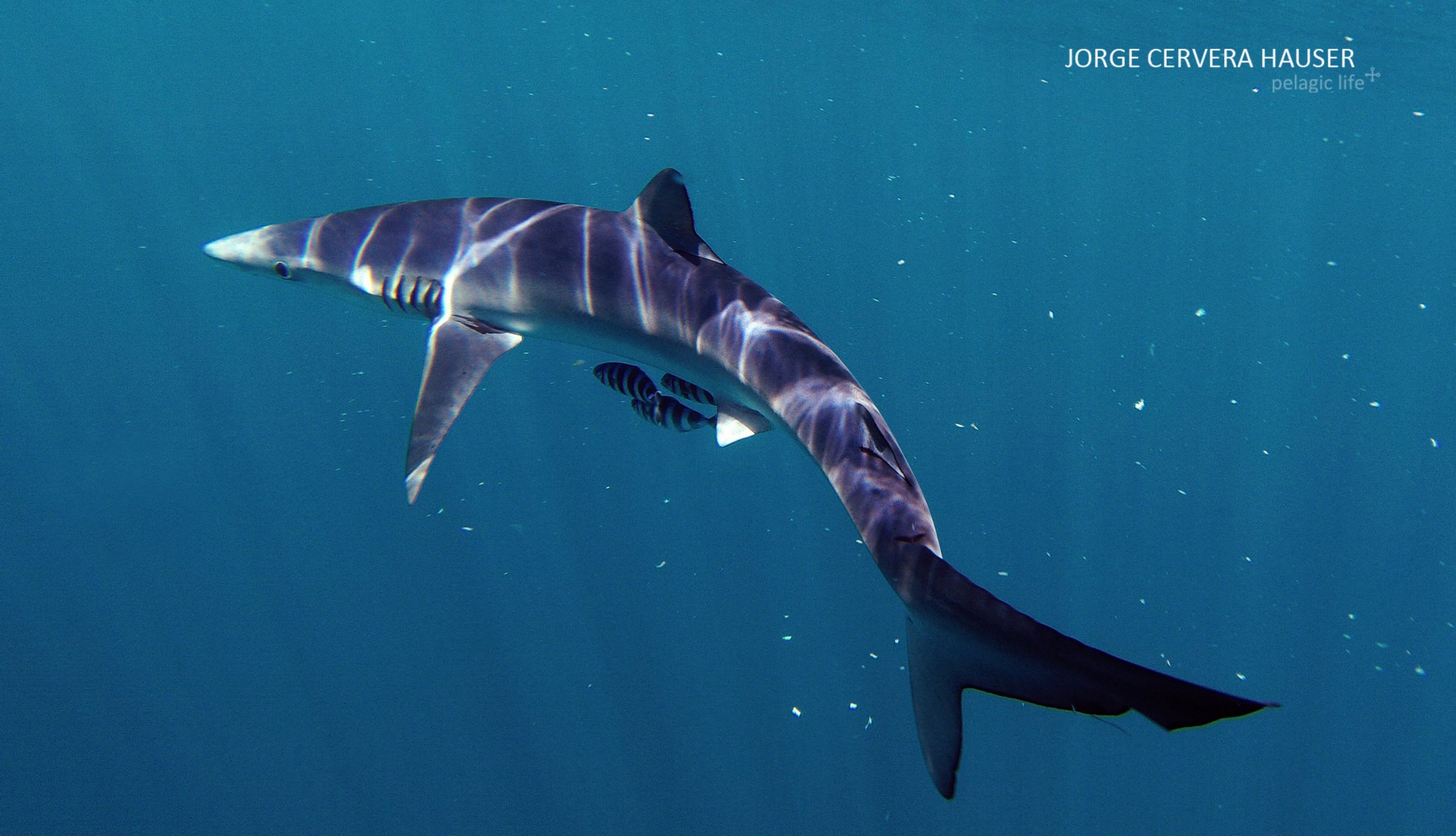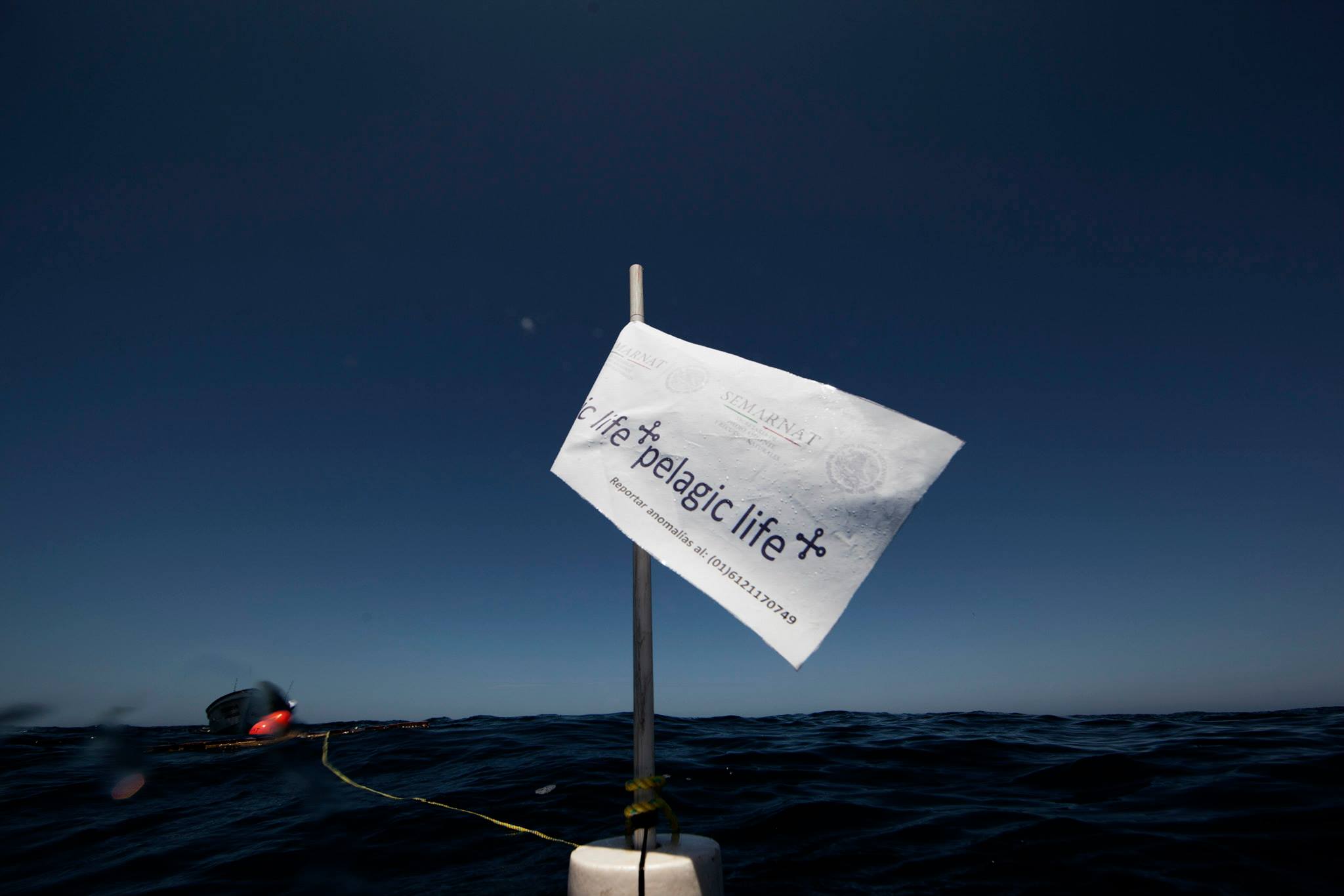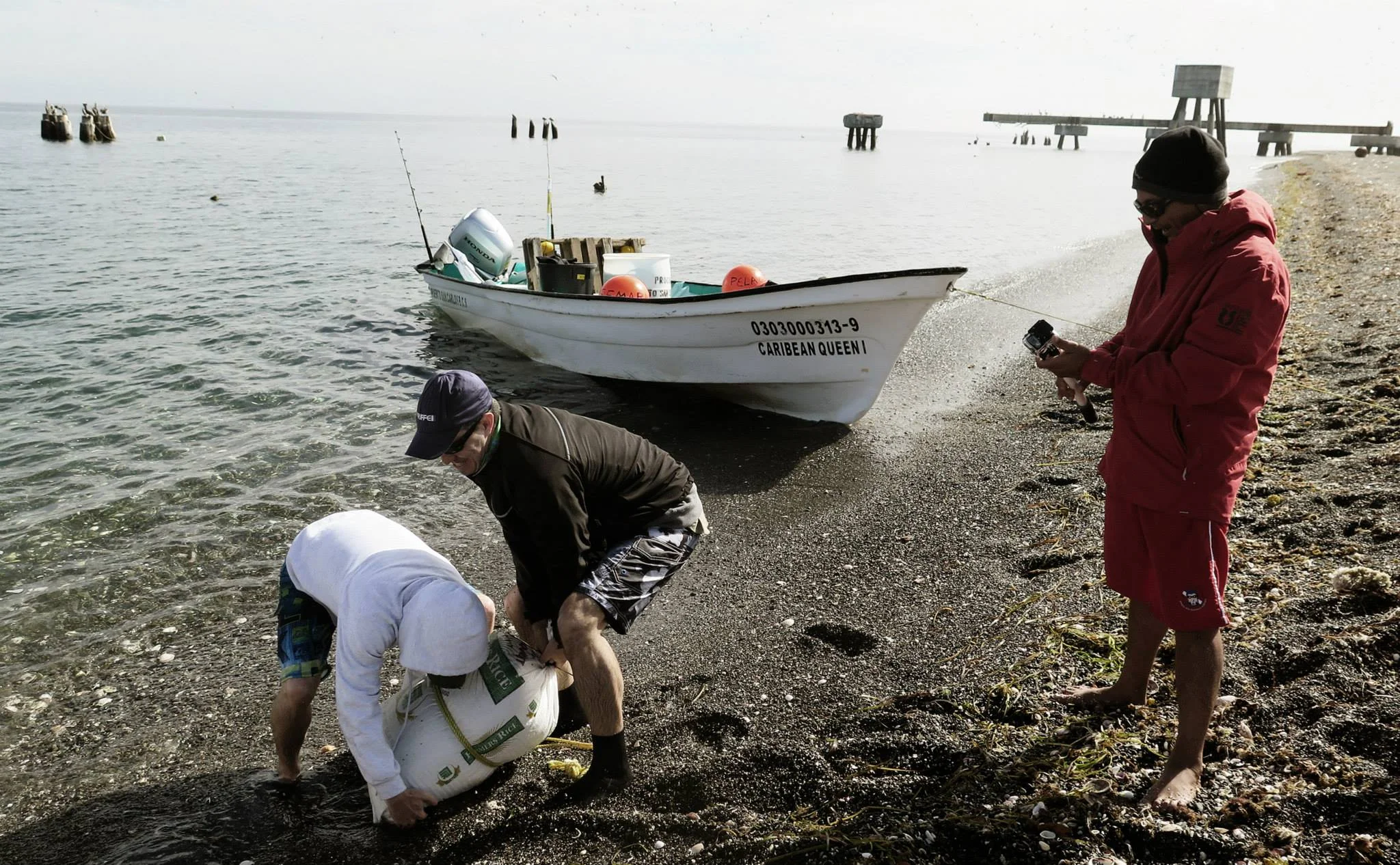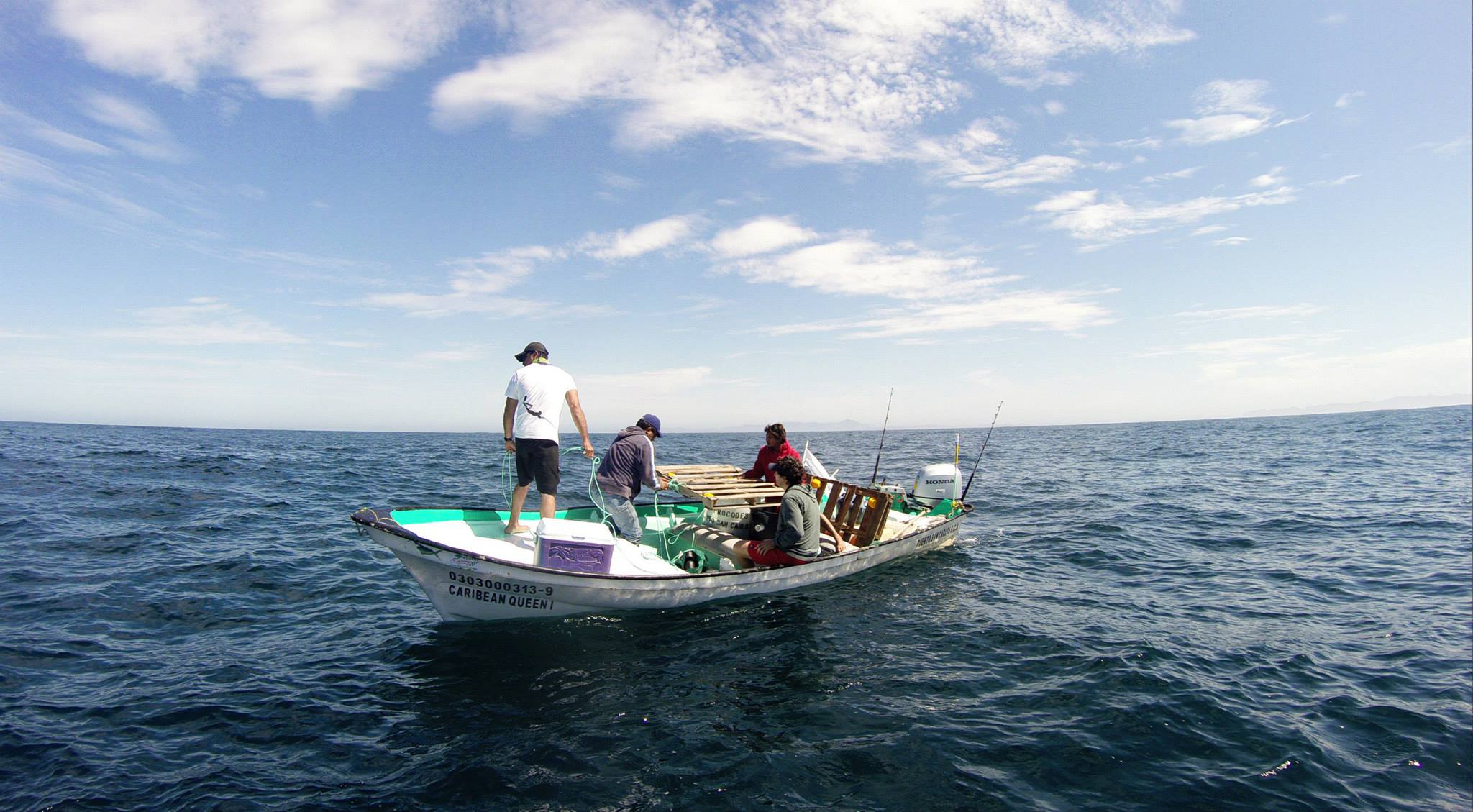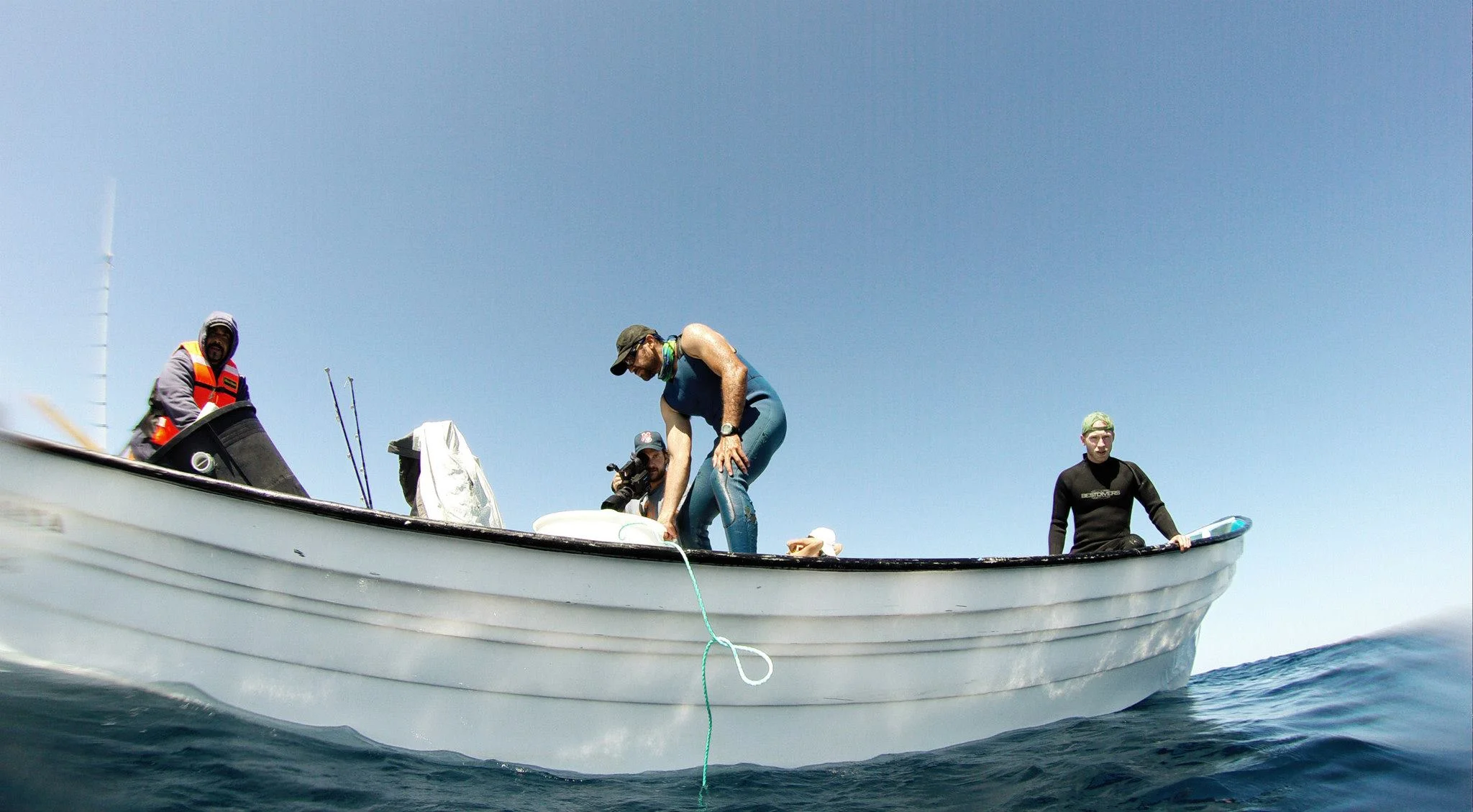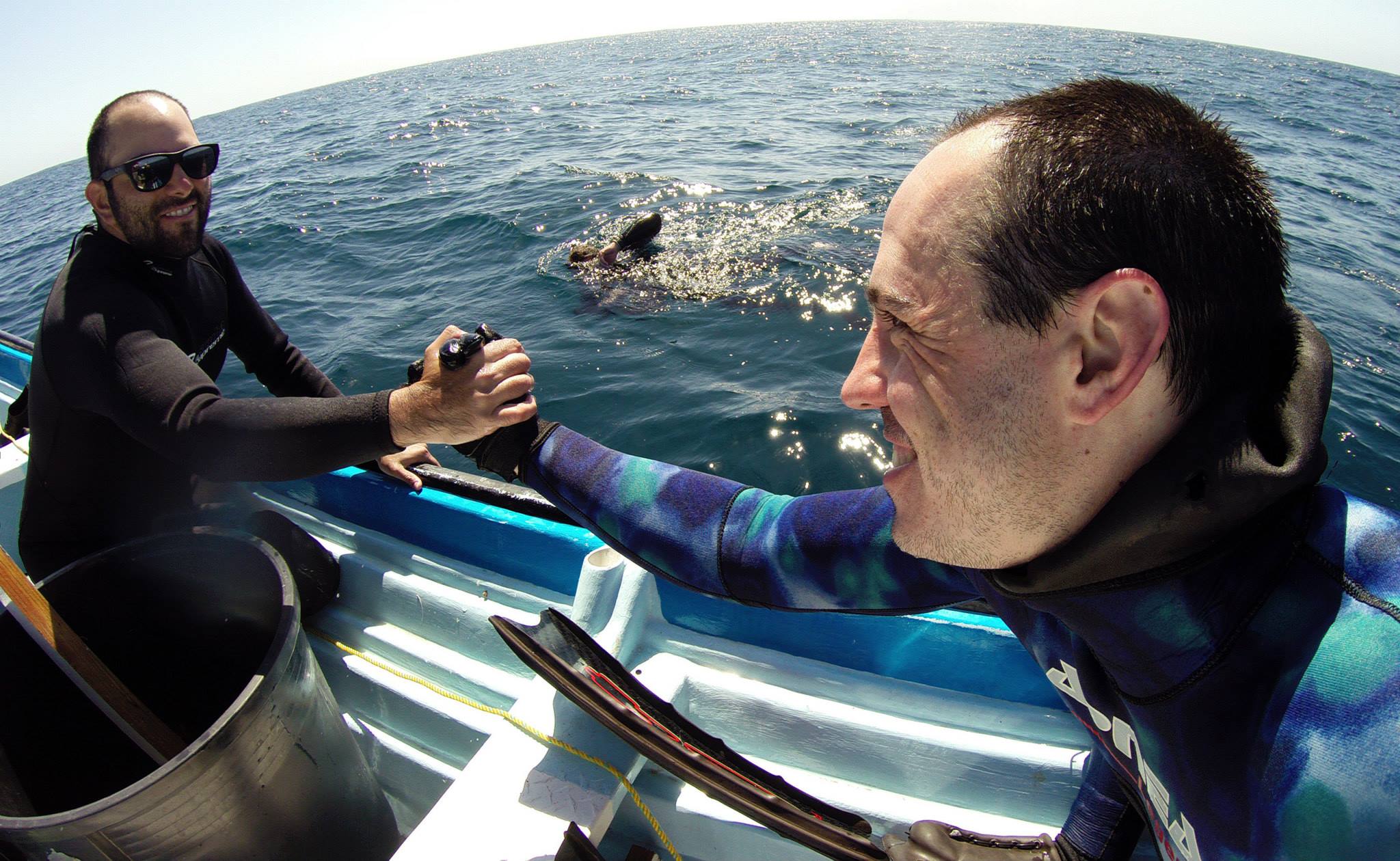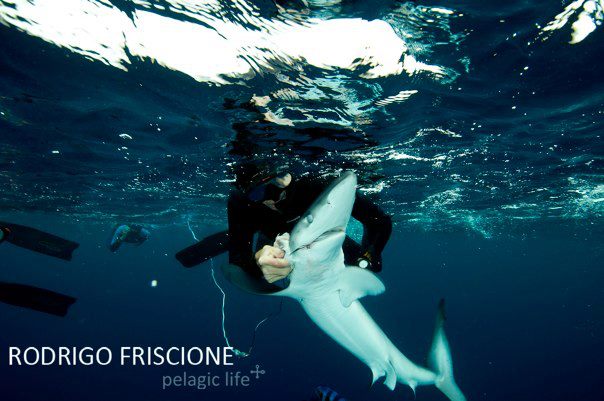Al Llamado del Tiburón | The Call of the Shark
A project that seeks to promote sustainable turisim to make pelagic species be worth more alive than dead in Bahia Magdalena, Baja California Sur
Proyecto que se propuso impulsar el turismo como una forma de darle valor a especies pelagicas de Bahía Magdalena, Baja California Sur
Resultados
Resultados consolidados de 7 años de trabajo en el proyecto.
+550 turistas atendidos en expediciones de proyectos durante 5 temporadas (2013-2018)
+3 familias de pescadores dispuestos a cambiar al ecoturismo en Bahía Magdalena
$ 5,200,000 MXP de beneficios económicos para la comunidad local generados a partir del turismo sustentable
Se establecieron las bases para replicar el modelo en La Paz, Los Cabos y Todos Santos.
35 tiburones liberados de largas colas (ver The Shark Diaries)
Promoción, estudios de encuestas, estudios científicos y capacitación para los locales
Más de $ 350,000 USD recaudados para financiamiento del proyecto
Results
Consolidated results from 7 years of working on the project
+550 happy tourists served in project expeditions over 5 seasons (2013-2018)
+3 fishermen families willing to switch to eco-tourism in Bahia Magdalena
$5,200,000 MXP of economic benefits for the local comunity generated from sustainable tourisim
Groundwork established to replicate model in La Paz, Los Cabos and Todos Santos
35 freed sharks from long lines (watch the Shark Diaries
Promotion, survey studies, scientific studies and training for the locals in the area
Over $350,000 USD raised for fundingfor this project
Reportes / Reports
Location of Project
Major Milestones
DECEMBER 2016
Final Results for Stage II
Since the delivery of our Stage I, Pelagic Life decide to organize Open Ocean Safaris, to Bahía Magdalena to continue promoting sustainable turisim with local fishermen. From 2013 to 2016, our Open Ocean Safaris, which consisted of taking groups of 4-12 people for a 3 day expedition to Magbay in search of sharks, dolfins, whales, and marlin were a total sucess. We were able to personally take over +180 tourists in over 2 years in custom expedition to this area. This resulted in major economic benefits for the local communities, which not only benefited the fishermen we worked with. During these expeditions we were able to bring other expedition leaders, international enthusiasts, scientists and government officials. These expeditions had the sole intention of truly jump starting the sutainable turisim efforts. On our last expedition on November 2016, we were blessed with marlin and orca action in our Pelagic Safari. Please watch video here.
DECEMBER 2014
Final Results & Stage I Completed
Pelagic Life concluded a one year feasibility study in December 2014. With a significant government grand we were able to deliver our report to the authorities along with the video. We have had positive reviews on the report. Hopefully this is just the start of a next stage with further support to truly accomplish our goals from the start. To implement a sustainable shark diving operation to replace the uncontrolled shark fishing that occurs in the area.
JULY 2014
Fishermen in the Water with Sharks
During the summer months, July and August, as part of the "Call of the Shark Project" we visited Bahia Magdalena in Baja California. We managed to get Gabino, a local fisherman and a collaborator in our Call of the Shark project to jump in the water with the silky sharks. It was the first tiime he saw sharks in the water after 20+ years of going out into the ocean. I guess we have one more shark advocate on our side, this time a local fisherman.
MARCH 2014
10 Blue Sharks in Less than an Hour
With the funds in place we were able to reach a major milestone in our project. We worked alongside locals and government environment agency (SEMARNAT) to successfully attract 10+ blue sharks in less than an hour. Solid evidence to help understand the feasibility of implementing a shark diving operation to replace shark fishing. We still have a lot of work to do. But this is a great milestone in our project.
DECEMBER 2013
Major Funding From SEMARNAT
In late 2013, the "Call of the Shark” project hit a milestone getting good support and attention from the government through the Ministry of Environment (SEMARNAT) to perform a feasibility study that will seek to understand the potential to understand if shark diving is a sustainable alternative to shark fishing. The funds will be specifically used to conduct a feasibility study in San Carlos. The funds will be used during most of the year and we should be delivering our first report in August of 2014. We have now hired a biologist, a project manager and other contributors that will allow to perform a thorough analisis of the project
FEBRUARY 2013
The Turning Point
Pelagic Life crew made an unplanned trip to the Baja Peninsula with a single purpose: talk with the leaders of the shark fishermen. This was a turning point in the project because it would mean the inclusion or exclusion of the shark fishermen in our efforts to introduce ecotourism. If we failed we would be facing this group of fishermen every time we went to the Baja Peninsula. By having them on board, it meant they would be seeing the benefits of ecotourism and would be the first to protect the local sharks. After a couple of beers at a low key bar in La Paz, the Pelagic Life crew was able to present the project to the leaders. After several questions and a couple of laughs in between beers they agreed to support the project. The leaders even want to start taking shark divers before we expected! And this suddenly got very very real.
NOVEMBER 2012
Bitter/Sweet Disposition
Pelagic Life crew continued the efforts to release hooked sharks. Although this weekend Pelagic Life was able to release five sharks (Shark 9, Shark 10, Shark 11, Shark 12, Shark 13) the relationship with the fishermen was at a very fragile state. During this last visit the fishermen on the boats were informed by the leaders that they should not continue to support our project. Our crew was politely asked to end our project since they would no longer continue to allow us to buy the hooked sharks from their buoys. The project seemed to have stalled.
AUGUST - SEPTEMBER 2012
Nets and Hurricanes Stall Project
During both these episodes the Pelagic Life crew was unable to free any hooked sharks. During Episode 2 the shark fishermen were using nets to capture the sharks and would bring in seven different species of sharks in one single day (blue, mako, thresher, galapagos, black tip, hammer head & silkies). Witnessing the slaughter in the beach was a terrifying spectacle. During episode 3 the shark fishermen were unable to perform their duties because a hurricane had recently passed. This was proof that the living conditions in which the shark fishermen live in the island are well below poverty standards where hygiene is an imminent threat to the shark fishing community.
MAY 2012
First Episdoe: Success!
A small crew went into the cold and turbulent waters of the Baja Pacific in search of hooked sharks during the first episode of the call of the shark. The crew was able to liberate eight sharks (Shark 1, Shark 2, Shark 3, Shark 4, Shark 5, Shark 6, Shark 7, Shark 8). With rough seas and large sharks, liberating these creatures was an epic adventure. At the same time the Pelagic Life crew was subtlety trying to influence the shark fishermen of the benefits and rewards of ecotourism vs shark fishing.
MARCH - APRIL 2012
Setting Up the Project
After being puzzled several months the members of Pelagic Life decided to make a specific project dedicated solely to freeing 100 hooked sharks in the Baja Peninsula. Puzzled by the exact steps and measures that had to be taken, the crew decided todivide the project into three phases. Phase 1 consisted in freeing hooked sharks and paying a premium to the fishermen directly. We asked around social networks to find out the price that a dead shark was worth in the Mexican Market.
NOVEMBER 2011
Finding a Shark Haven by Mistake
In search of stripped marlin the Pelagic Life crew stumbled upon an area that was loaded with several species of sharks. After noticing blue, mako and great white sharks in the hunting buoys and realizing some of the sharks were still alive we decided to buy the hooked shark from the fishermen. This was a critical milestone because it was the weekend that sparked the idea of saving the sharks of this area.


